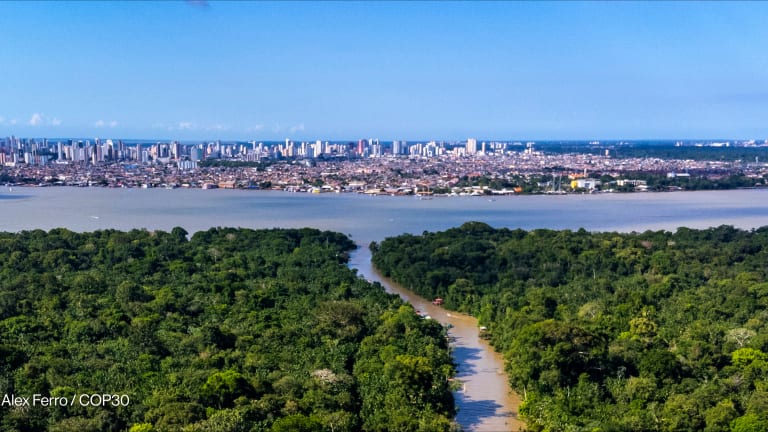Brazil is getting ready to host the biggest global climate summit of the year — but preparations have been anything but orderly, as housing and planning logistics are shrouded in confusion and the policy agenda remains unclear.
The 30th United Nations Climate Change Conference, or COP30, set to take place this November in the Amazonian city of Belém, was pitched as a landmark opportunity to bring the world to the shrinking tropical rainforest.
But in addition to planning issues, COP30 will take place amid a contentious domestic political landscape: Brazilian President Luiz Inácio Lula da Silva, a leftist leader known for his steadfast commitment to environmental protection, faces backlash from the right, who want to promote support for agribusiness — often at the expense of protecting forests and Indigenous communities.








